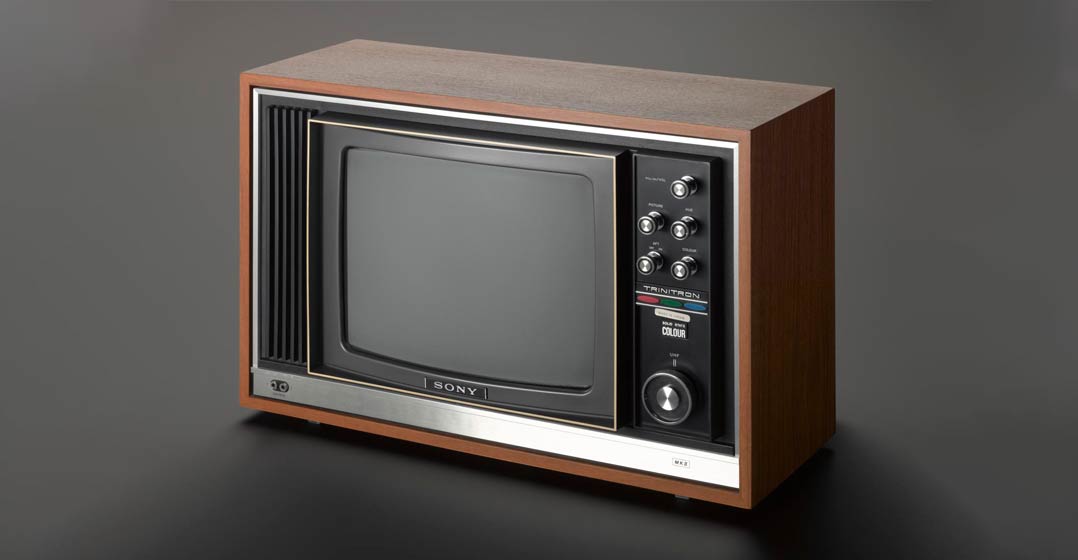Published
10 months agoon
By
tristan munz
In the ever-evolving world of technology, certain gadgets stand out as game-changers, forever altering the landscape of their respective industries. Some were groundbreaking firsts, while others took nascent ideas and propelled them into the mainstream. Join us as we explore 20 of the most influential electronics devices that have left an indelible mark on tech history.
The iPhone debuted in 2007, reshaping modern smartphones. With its innovative touch screen and the App Store, it transformed media consumption and created new industries, firmly embedding itself in modern culture and the global economy.
Sony’s Walkman revolutionized music listening, allowing people to take their tunes on the go. By personalizing the music experience, it shifted listening habits from public spaces to individual enjoyment, marking a significant cultural shift.
The iPod didn’t reinvent the music player concept but perfected it. Its sleek design, increased storage, and user-friendly interface allowed users to carry thousands of songs in their pocket, setting the stage for the era of digital music.
The PlayStation revolutionized gaming with its CD-ROM technology, DualShock controllers, and online multiplayer capabilities. Its exclusive titles and innovative features set new standards and deeply influenced modern gaming experiences.
VHS players and recorders brought movies into homes, democratizing access to films and revolutionizing home entertainment. This technology allowed viewers to control what they watched and when, paving the way for video-on-demand services.
The Sony Trinitron CRT TV offered superior color accuracy and sharpness, dominating the market for decades. Its technological advancements set a benchmark in television design and viewing experiences.
The Atari 2600 pioneered home console gaming with its interchangeable cartridges and iconic joystick controllers. It laid the foundation for modern gaming culture despite its simple graphics and limited capabilities.
The Commodore 64 played a crucial role in the personal computer revolution. Its affordability and advanced graphics fostered a vibrant gaming culture and democratized computing, empowering users to explore programming and creativity.
Released in 1982, the Sinclair ZX Spectrum made personal computing affordable and accessible. Its use of Basic programming language and reputation as a gaming device sold over five million units, making computing more mainstream.
SD cards revolutionized portable storage, allowing vast amounts of data to be stored on thumbnail-sized cards. From cameras to phones, these cards have become a staple in modern technology, making data transfer and storage incredibly convenient.
Launched in 2012, the Raspberry Pi expanded computing education and DIY projects. Its affordability and versatility spurred innovation in fields like robotics and the internet of things, driving a global maker culture.
The IBM PC set a standard architecture for personal computing, promoting hardware and software compatibility. Its open design and use of off-the-shelf components fueled widespread adoption in both homes and businesses.
The Regency TR-1 was the first transistor radio, offering a more compact and portable design than its predecessors. It transformed how people consumed music, sports, and news broadcasts, making radio listening more personal and mobile.
The JVC VHS Handycam made video recording portable and accessible. It allowed families, enthusiasts, and professionals to capture memories easily, paving the way for the democratization of visual storytelling.
Released in the mid-1990s, the Sportster 56K modem provided reliable, fast dial-up internet connectivity. Its user-friendly interface and plug-and-play capabilities made it a popular choice among consumers and businesses alike.
The BlackBerry Bold 9000 epitomized the peak of BlackBerry’s dominance in mobile phones. Its closed system messaging app BBM and cost-effective connectivity options made it a must-have device, despite the brand’s short-lived glory days.
The Kindle revolutionized reading with its e-ink display and vast digital library. It changed how people consume books, making reading more accessible and convenient, and leading to a significant shift in the publishing industry.
The original Macintosh popularized the graphical user interface and mouse combination, making computing more intuitive. It also pioneered desktop publishing with software like MacWrite and MacPaint, setting a new standard for personal computers.
The IBM ThinkPad became essential for business travelers with its portability and processing power. Its iconic design and reliability made it a dominant force in the laptop market well into the 2000s.
Invented by Edwin Land, the Polaroid instant camera revolutionized photography by allowing users to instantly capture and print photos. Its convenience and immediacy made it a beloved icon of consumer photography for decades.
These 20 devices have each played a crucial role in shaping the world of technology as we know it. Their influence extends beyond their immediate functionalities, impacting culture, industry, and the way we interact with the world around us. Let us know in the comments which devices you think should be added to this list, or which ones you’d remove!















